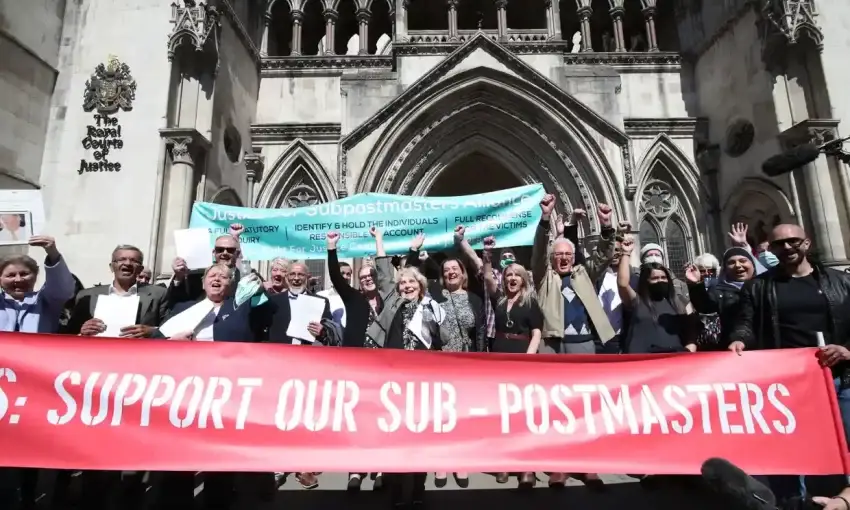The Institute of Directors (IoD) has launched a new code of conduct aimed at promoting ethical behaviour among business leaders.
This move seeks to restore public trust following several high-profile corporate scandals.
High-Profile Scandals Prompt Action
The Institute of Directors (IoD) has introduced a new code of conduct to encourage ethical behaviour among business leaders. This initiative aims to rebuild public trust following several significant corporate scandals.
Institutions like the Post Office, Carillion, and BHS have greatly damaged the public’s perception of corporate leadership. These scandals have highlighted the urgent need for increased accountability and integrity in business.
Key Principles of the Code
The IoD’s code emphasises several core principles. Leaders are encouraged to demonstrate exemplary personal conduct, act with honesty and integrity, and adhere to strong ethical values.
Additionally, the code promotes open communication, personal responsibility for actions, and non-discriminatory behaviour. These guidelines aim to create a more transparent and ethical business environment.
Development and Consultation
The code was developed by a commission led by Lord McNicol of West Kilbride. He is a trade unionist and former general secretary of the Labour Party.
McNicol mentioned that the principles outlined were “matters of common sense,” but could act as a valuable reference for directors in stressful situations.
The code is out for consultation and is designed to be a voluntary commitment. It aims to serve as guidance rather than an additional layer of compliance.
Impact of Historical Corporate Failures
The Post Office scandal involved the Horizon IT system, wrongfully convicting hundreds of sub-postmasters for theft and false accounting. This was the largest miscarriage of justice in British legal history.
Carillion’s collapse, due to mismanagement and dubious accounting, resulted in 3,000 job losses and delays to over 450 public sector projects.
The demise of BHS endangered thousands of jobs and pensions. A parliamentary inquiry even labelled it as “the unacceptable face of capitalism.”
Jonathan Geldart’s Perspective
Jonathan Geldart, director-general of the IoD, commented on the need for this code. “On occasion, business decision-makers fall short of what society expects,” he said.
Geldart emphasised the importance of demonstrating exemplary values and integrity in both business and personal behaviours to restore public confidence in business leadership.
Future Goals of the Code
By implementing this code, the IoD aims to foster a culture of ethical behaviour and accountability within the business community.
This initiative is intended to prevent future scandals and regain public confidence in corporate governance.
The focus is on ensuring that directors consistently act responsibly and ethically in their roles.
Public Reaction and Industry Impact
The introduction of this code has been met with mixed reactions. Some view it as a positive step towards restoring trust in business.
Others believe that voluntary codes may not be enough to ensure compliance with ethical standards. The true impact remains to be seen.
The IoD’s new code of conduct represents a significant step towards promoting ethical business practices.
By adhering to these guidelines, business leaders can help restore public trust and enhance the reputation of corporate governance.

